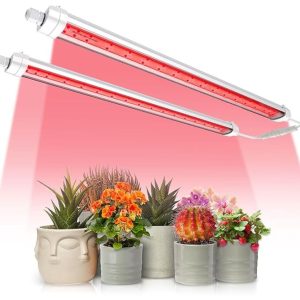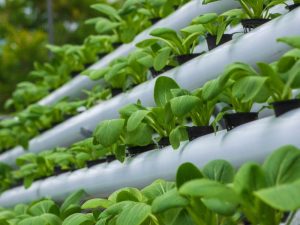Last Updated on August 6, 2023 by teamobn
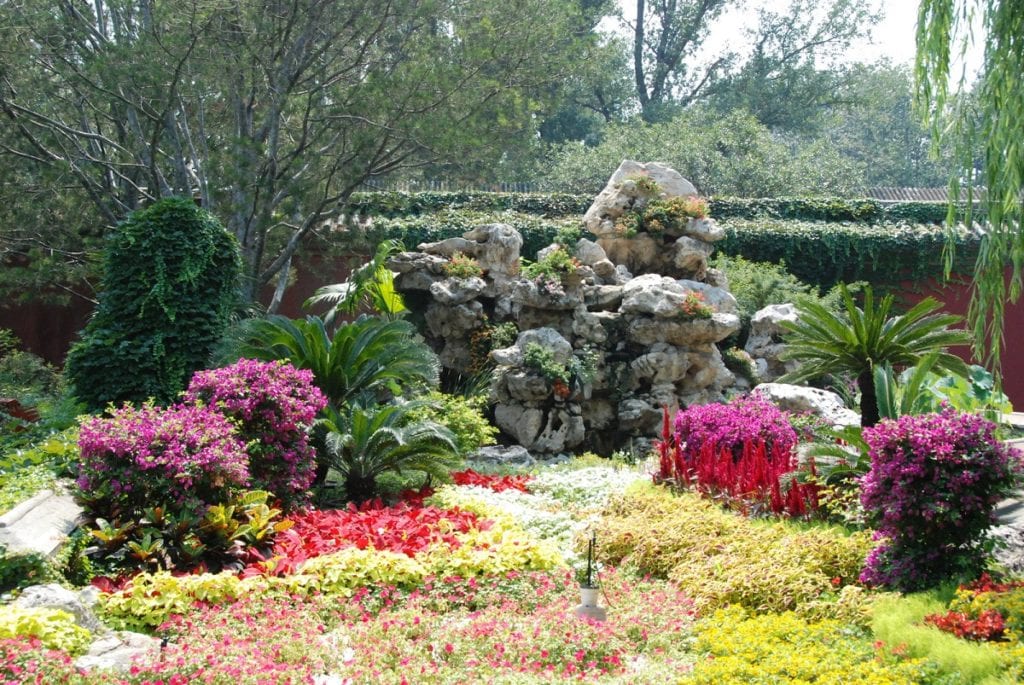
healthier garden.
Your garden brims with secrets. Knowing those secrets will
help you grow a beautiful, healthier garden. While gardening requires some
dedication and skill, there are fun facts about your garden that could make its
maintenance a little easier.
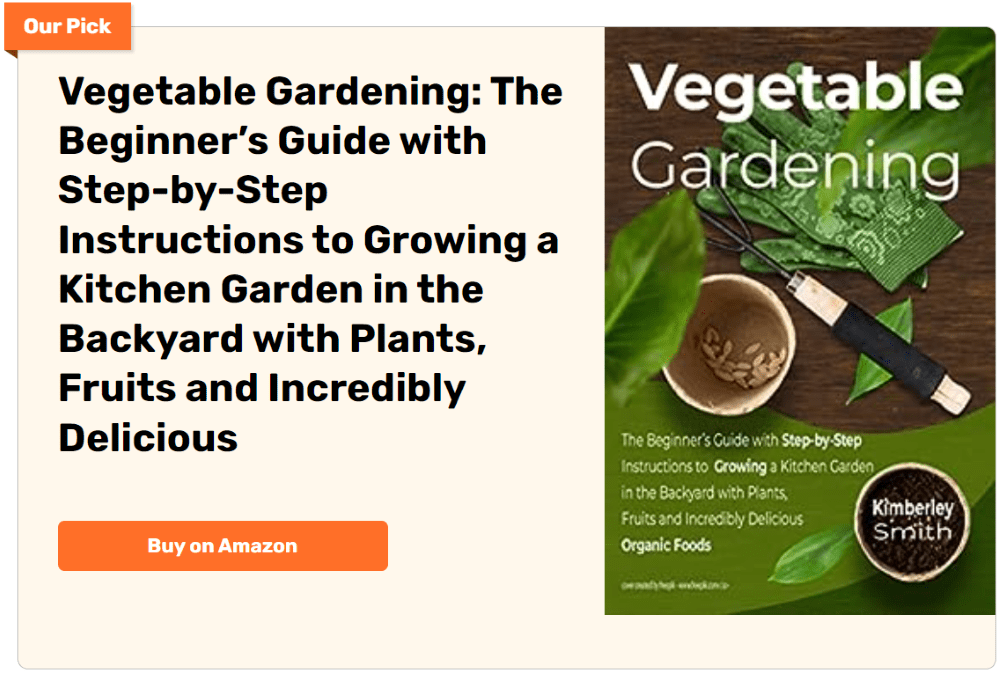
Gardening is far from a straightforward practice. If you are just starting out, you’ll find that it’s mostly hit-and-miss. But the more you learn, the fewer mistakes you’ll make.
Five Facts You Should Know About Your Garden
What you know about your garden informs your decisions and planning. While every garden is unique and different, there are facts that are true for all gardens.
Curious to learn more about gardens secrets? We have gathered five interesting facts you likely didn’t know about your garden.
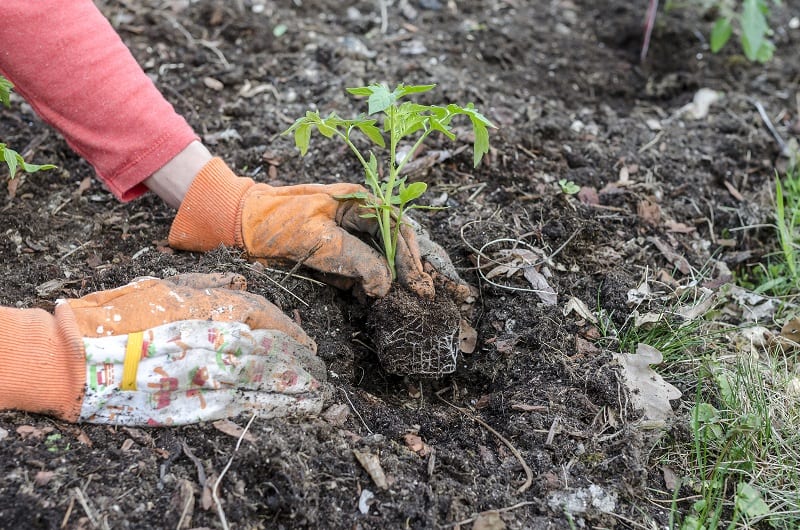
1. Butterflies may be more attracted to weeds than your flowers.
Colorful blooms aren’t the reason butterflies love your garden. They are attracted to fragrance and nectar more than color.
New cultivars of popular flowers have been bred for enhanced color and size. They often lose their fragrance in the process, according to the Smithsonian Institute.
Everyday weeds, like dandelions and clovers, might actually
be the most appealing things in your yard to butterflies. Growing heirloom
flower seeds can also encourage more butterflies to visit your garden.
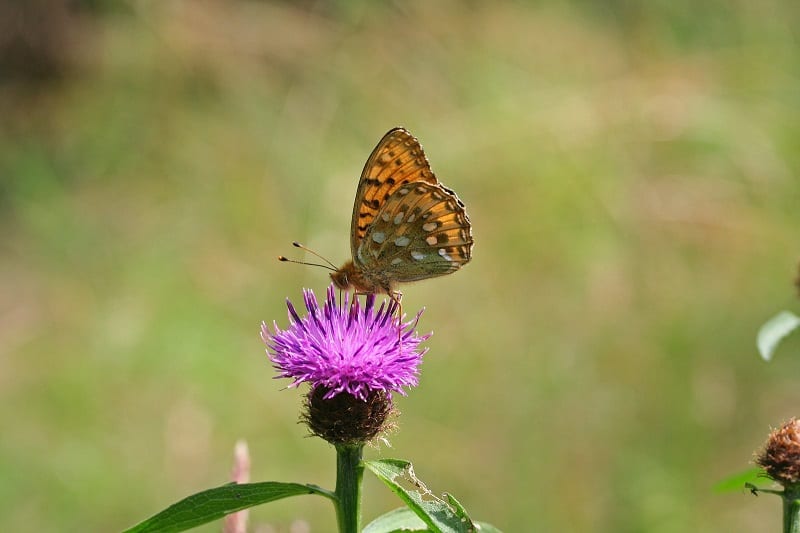
2. You can change a hydrangea’s color.
You can change a hydrangea’s color by altering the pH level of the soil. More alkaline soil will yield pinker blooms. More acidity will produce blue blooms.
To coax your plant to produce blue blooms, add more organic matter to your soil. You can use eggshells and coffee grounds. The change won’t happen overnight, but eventually, you should succeed in manipulating your soil’s pH level.
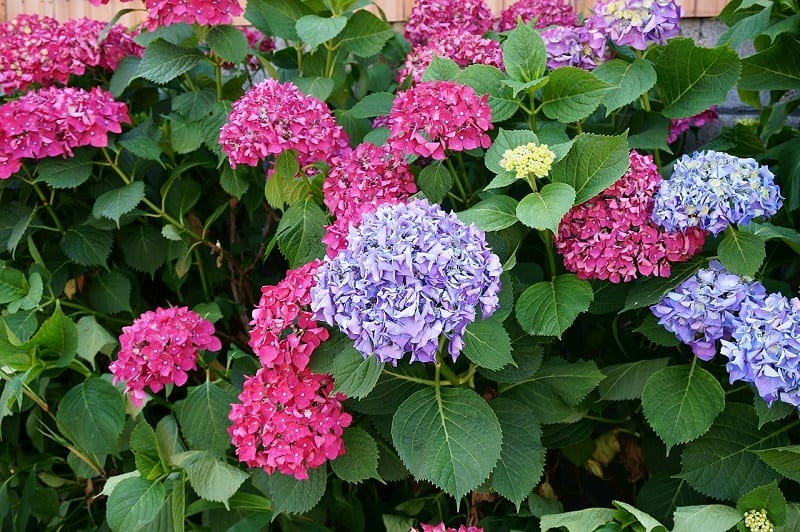
(Photo: Peka/Wikimedia Commons)
3. You don’t need to toil away at composting to reap similar benefits.
You don’t need to be a devoted composter to grow a healthy, beautiful garden. You can apply used coffee grounds, eggshells, chopped-up banana peels, and other organic matter directly to your soil.
These organic materials can offer plants nutrients as they decompose. If you’ve got an already-growing bed, you can scatter and bury the items within the first few inches of soil, say the editors of Dumb Little Man.
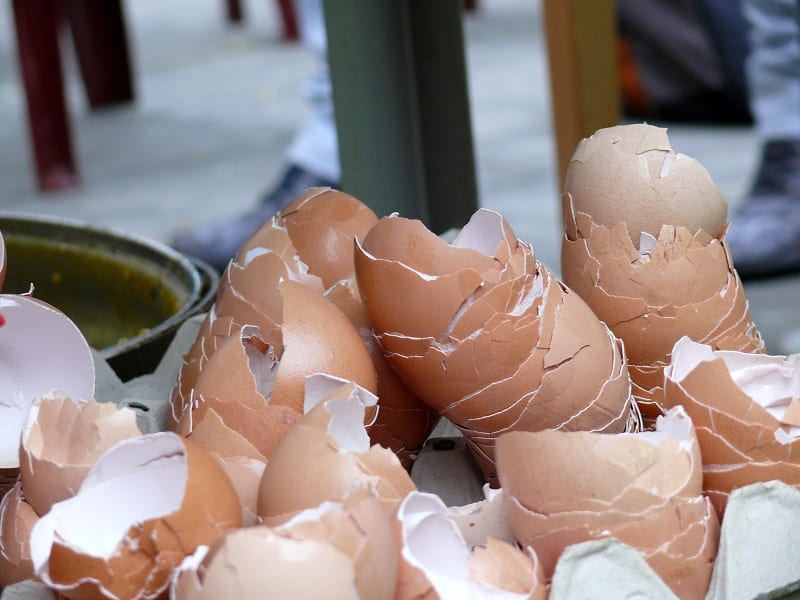
4. Plants respond to sound.
Have you heard – or seen – gardeners talking to their plants? Perhaps you’ve heard that talking to your plants will actually promote their growth. That may sound like an old wives’ tale, but plants actually do respond to sound.
The vibration from sound can affect plant growth. Studies have shown that sounds like music and your voice contribute to the growth and health of plants.
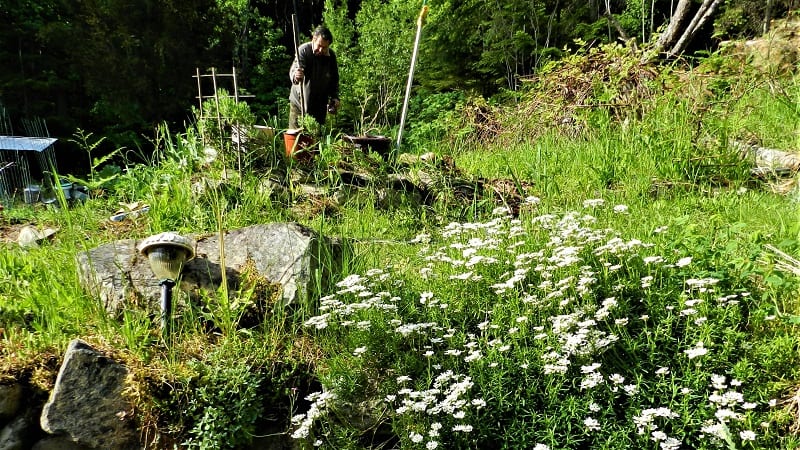
5. Gardening can make you a happier person.
Health experts have warned that depression is now a global epidemic. However, other researchers are discovering ways we trigger our natural production of happy chemicals that keep depression at bay.
Some of the results are surprisingly cheerful. For instance, researchers have found that getting your hands dirty in the garden can increase your serotonin levels.
Contact with soil and a specific soil bacterium, Mycobacterium vaccae, triggers the release of serotonin in our brain according to research.
Serotonin is a happy chemical, a natural anti-depressant that also strengthens the immune system. The lack of serotonin in the brain causes depression.
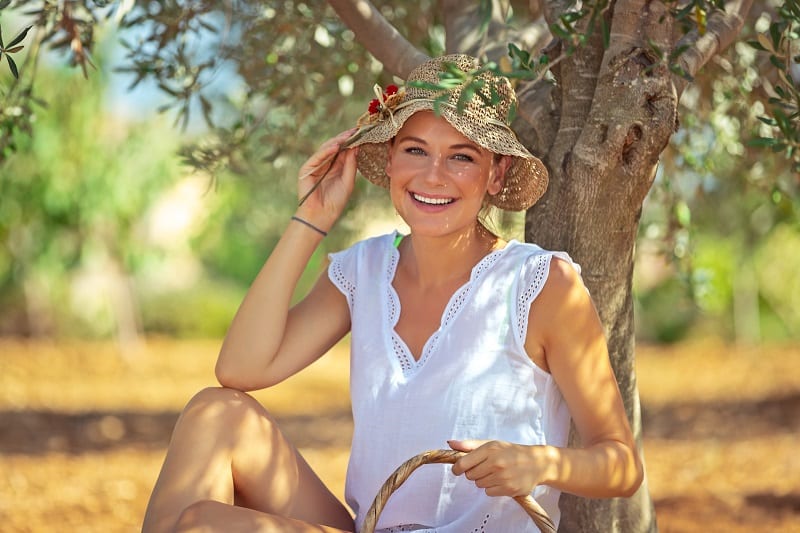
Why We Love to Garden
If you’re like us, you love to garden. There’s no better feeling than being outdoors in the sun and soil, whether we’re working in a sprawling backyard garden or in a few containers on your front stoop.
The rewards are priceless. We are among beautiful trees, shrubs, and flowers, and we harvest fresh fruits and vegetables from our gardens.
If you’ve never gardened before, then we are happy you’re here. If you’re looking for reasons to start a garden, the five listed above may help.
These secrets will not only help you raise a healthy garden, but they may also help contribute to your overall health and happiness, as well.


